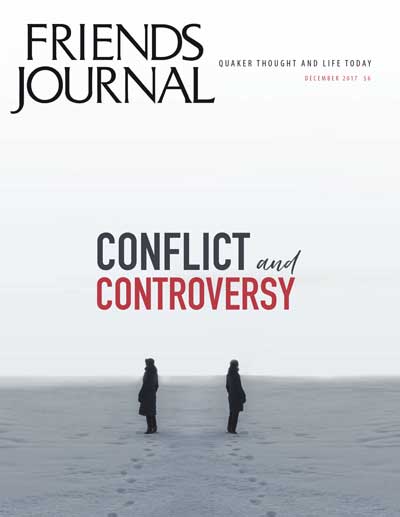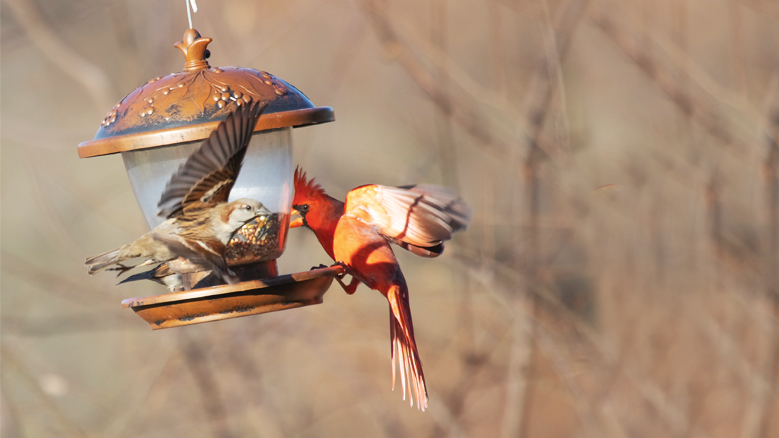Most of the time, most of us live in what some call the real world—the sensed world filled with what we see, hear, think, and feel. Some of us move beyond the sensed world into what’s been called the spiritual realm, which cannot be sensed or measured. Those who recognize only the sensed world are known as humanists; non-believers; agnostics or atheists; believing in no God, no higher power, “No ideas but in things,” as Williams Carlos Williams once wrote. Those who do believe in a world beyond the senses speak of a spiritual world—or sometimes God’s other world, Allah, the Great Mystery of many Native Americans, or a Power greater than themselves.
Between these two worldviews, there is another realm which lies at the edge of the sensed world. It’s a land unto itself, which we’ll call “the Borderland.” While each of the dominant worldviews, religious and humanistic, has its advocates (many scientists and postmodern thinkers on one side, Scripture and theologians on the other), the Borderland also has articulate advocates.
Wisdom figures, who might also be role models, often come from either of the dominant worldviews. Those of us who seek guidance in finding our own path in life aren’t interested in what the authorities believe, but in how they came to those beliefs. Was their journey to their truth claims credible? The pioneers of the Borderland may be humanistic or they may be religious. To the seeker it doesn’t matter because they aren’t concerned with beliefs at this point, but are concentrating on the process—the journey—that leads to what will become their worldview.
Role models or wisdom figures who’ve helped me along the way include humanists like Albert Camus; Martin Heidegger, the personally flawed ex-Nazi philosopher of human authenticity; and even Friedrich Nietzsche, whose might-makes-right views I abhor.
Many humanists on the other hand are attracted to religious thinkers such as the monk Thomas Merton; Martin Buber, the Jewish “I-Thou” philosopher whose thinking lies behind much of our current understanding of genuine relationships; and lately, Pope Francis. It’s not where these wise role models end up in their beliefs; it’s whether we respect and relate to their journey.
Once we’ve arrived at the Borderland, we’re on our own to question the reality of a closed, one-dimensional world or of a two-dimensional religious view we’ve been raised in. Some, like Camus, Heidegger, and Nietzsche, take a path back into the sensed everyday world with a renewed sense of their own human inner resources. Some, like Pope Francis, Merton, and Buber, draw strength from a higher power. But the seeker can’t depend on what others have experienced. Alone in the Borderland, all the seeker can do is wait in stillness and hope—faint hope often, but still hope—that the journey has not been in vain. For some it is a time of confusion and fear, for others a time of intellectual turmoil, but in either case, it’s a critical time in their spiritual journey.
Whatever our beliefs as Friends may be, and there are many in both camps in our unprogrammed meetings, we may find ourselves from time to time in the unsettling Borderland where we must find our way forward with fresh leadings from the inner voice of love. What an opportunity that is to be open to fresh guidance and comfort we all need to respond to the personal and public challenges we face.




Comments on Friendsjournal.org may be used in the Forum of the print magazine and may be edited for length and clarity.